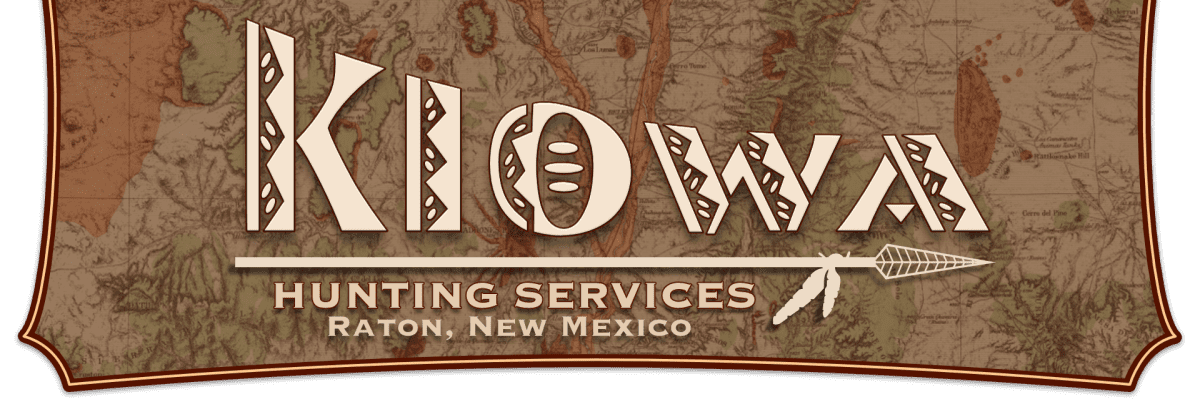The interesting part of this business is the people that you meet, visit with, talk with, and the situations that occur or could be prevented if things were handled differently. With this in mind, these are my thoughts on various subjects and hopefully, they will assist you in planning your hunt.
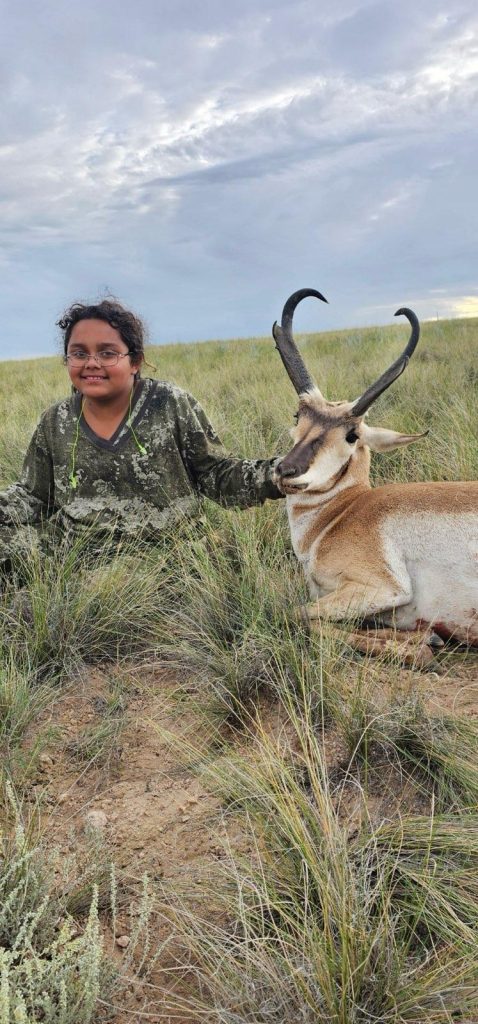
The Application System for Public Land Hunts
The first step in the application system is to be honest with yourself about what you desire in a hunt. If you only want a huge bull or buck, say so. But if you want to hunt elk and don’t care on the size of the bull or buck, say so.
There are no hidden gems and little spots in New Mexico that are easy to draw, have large animals, low hunter pressure and have high success rates. The units that have more and bigger animals are in high demand and your odds of drawing are low with some areas giving less than 1% draw odds. Some units have a high draw rate, but that’s because there are a limited number of elk, low harvest success rates, and usually have high hunter numbers. Hunters take some animals in these areas, but your hunt can be deemed successful if you simply see a legal animal.
So, you have three choices and all are valid. When they pull your application they will look at all three choices at the same time and the first one, in the order that you put them, that has licenses is where you go. You’ll want to try for a high demand, big bull unit as your first choice, then go with higher percentage draws. Utilize your three options on the draw.
Outfitters are businessmen and most are very honest and truthful in what they do, though some are not. As stated before, be honest. Just as you expect the outfitter to be honest, the outfitter expects you to do the same and explain what you are looking for. Elk hunts are difficult so do not fool yourself that they are easy. The better prepared you are, the better your chances will be. Some bulls die by road hunters and simple plans, but elk are tough and smart. Lower success rates than other species is common as they are elusive and you are not going to see herds where you can pick and choose your elk. If elk hunting WAS easy no one would do it, hence the demand for them.
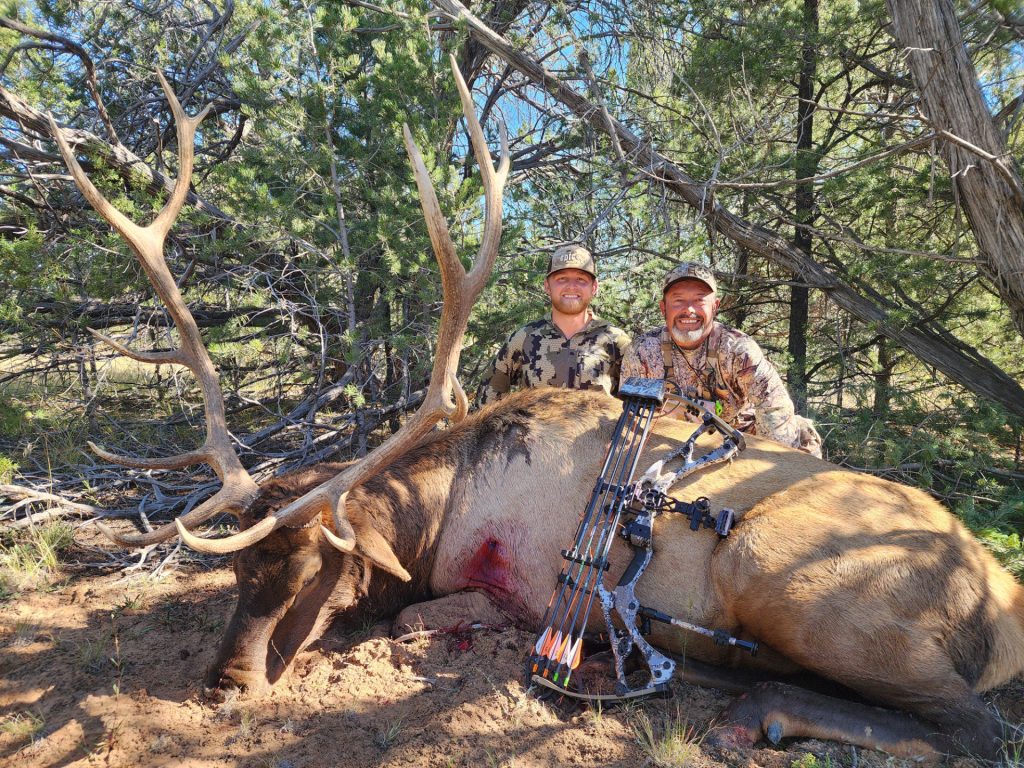
The best way to ensure you will not kill an animal
This is pretty simple: just insult your guide, degrade your guide, explain that you have hunted several times and know more than the guide, tell them that in some other state this is how we hunt, and overall make your guide not want to hunt with you. These guys know what to do and should be regarded with respect. They are very good at what they do and are going to try to get you an animal, whether a two-day guided or fully guided.
DO you harvest animals in the first two days of guide only hunts?
Yes, we do this very often during the seasons. The guides are there to hunt and to take animals during their time with you. The guides try hard and we try to send the best guides with you to get an animal.
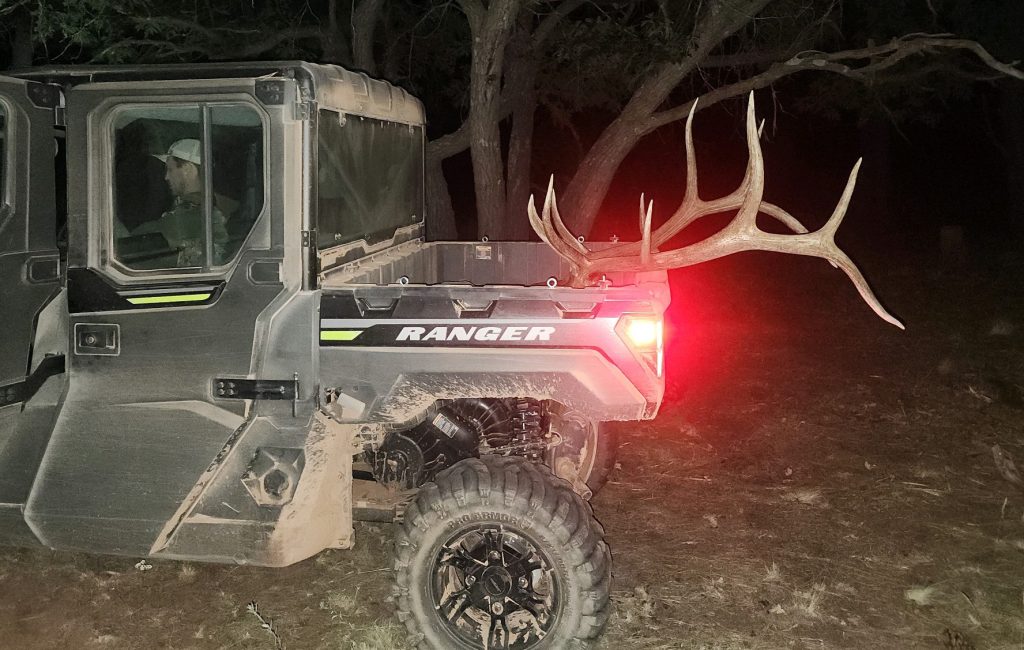
If I am unsuccessful the first two days of the hunt can I hire the guide for additional days?
Possibly, but there are several items that must occur. First is that a new contract must be prepared for the Game and Fish Department. Secondly, a new itinerary must be prepared for the Forest Service or the Bureau of Land Management and lastly someone needs to be around to prepare these documents. We also do not do it by the day. If you want a guide for extra days then you need to decide on how many days and we do it once.
What are the accommodations like on the hunts?
In our Elk Camp units, 10-12 and 51-52 we utilize tent camps with a house or cabin for the cooking. In most of the other units that we hunt, for other species and in some deer and elk hunts, we will attempt to utilize motels in towns centrally located to the hunt areas. The hunter will be responsible for his own motel accommodations on these hunts, and we will furnish meals. We also offer guide only hunts for most species, where the hunter is responsible for his own meals and accommodations. Every hunt is a little different so there is no set normal operation for all hunts
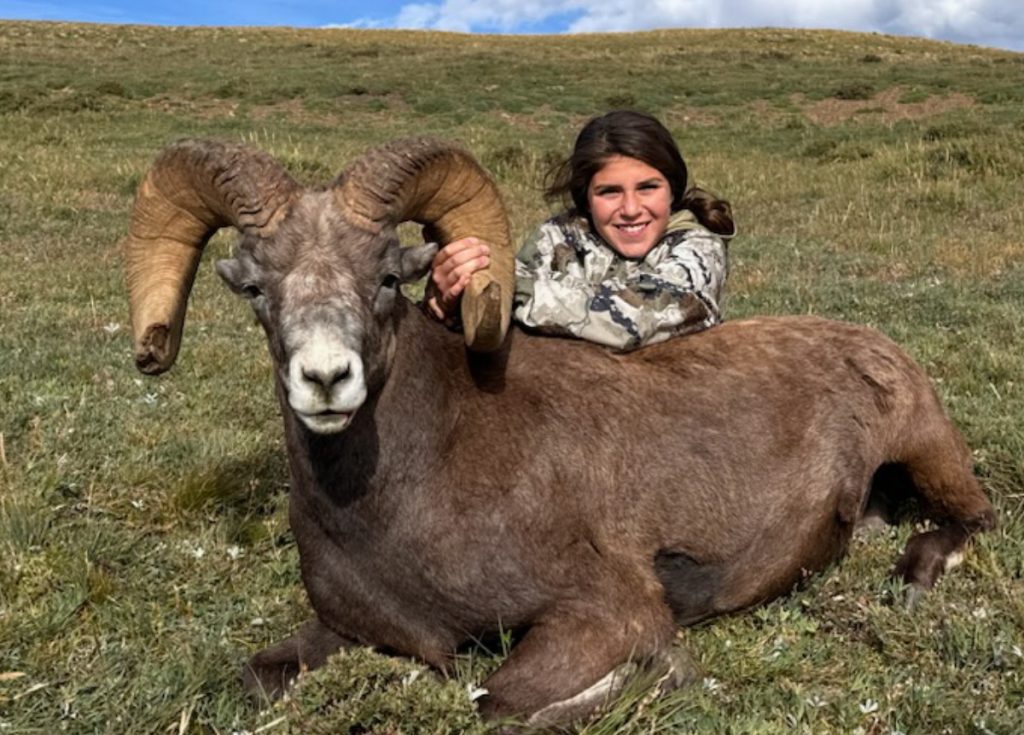
What is the best way to never hunt with Kiowa Hunting more than once?
The best way to do a “one and done” with Kiowa is do not tip your guide. If you do not want to ever come back just do not tip the guide. The guides are contract employees and work at their own discretion, they are not employees that can be forced to work in certain manners. Guides also talk to other guides, and they talk about tips and hunters. If you do not tip the guide, they will tell all the other guides, so when you want to rebook, I will not be able to find anybody that will guide you.
Why do you not guide and hunt in wilderness areas on two-day hunts?
This is simple, we can do it if you want to pay. To do two-day wilderness hunts the guide must pack in to the wilderness the day before the two days hunting and pack out of the wilderness the day after the two days of hunting, for a total of four days. Real simple you pay for two days of the guides time at booking and if you want four days, to do a wilderness hunt, then you will be charged for four days.
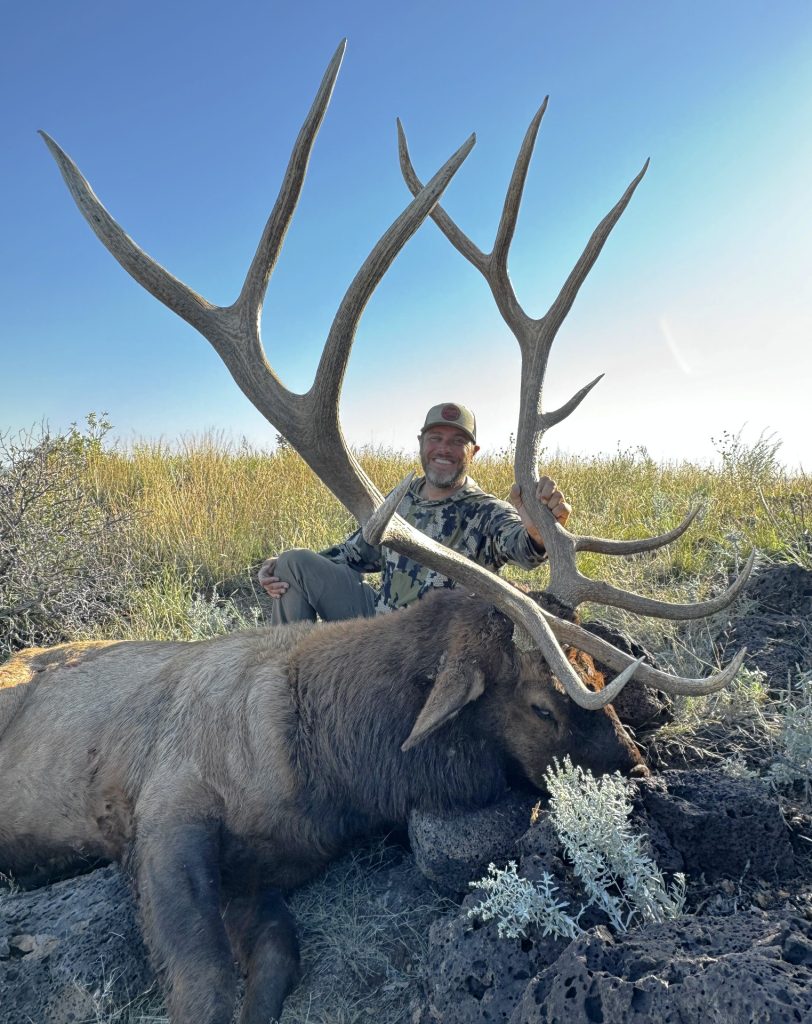
Up and coming Elk Units
One of the up-and-coming units that have come to our attention is unit 2 for elk. The staff is seeing lots of elk and good bulls. We hunted archery there this year and the guide had numerous opportunities on elk, shot at four different elk in seven days and wounded one that was not recovered. A serious unit to consider for this year.
Closing a loophole
It has come to our attention about a couple of recurring items that we witnessed last year. Because numerous outfitters are starting to charge for the use of their outfitter number to apply and we are not charging, we feel that we had several clients use our number to draw a tag and then immediately requested a transfer to another outfitter. We believe that they did this with no intention of hunting with us but to avoid paying the desired outfitter for the use of his number. We are instituting a policy now, that if you use our number to apply and draw a license if you want to transfer from us to another outfitter, we are charging for the transfer.
